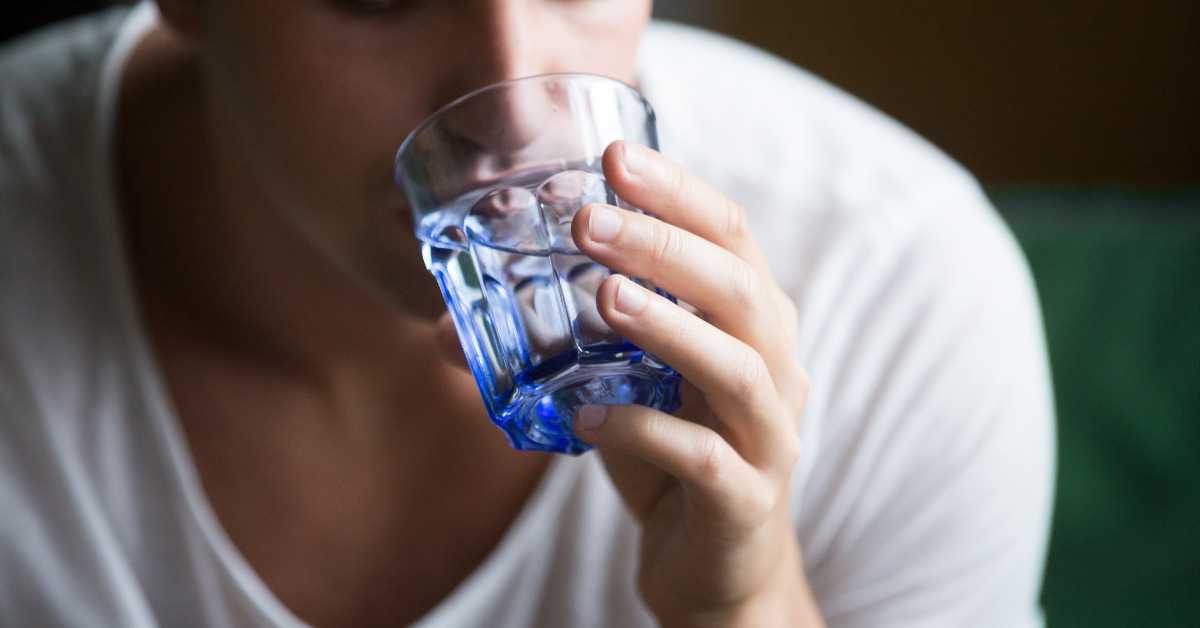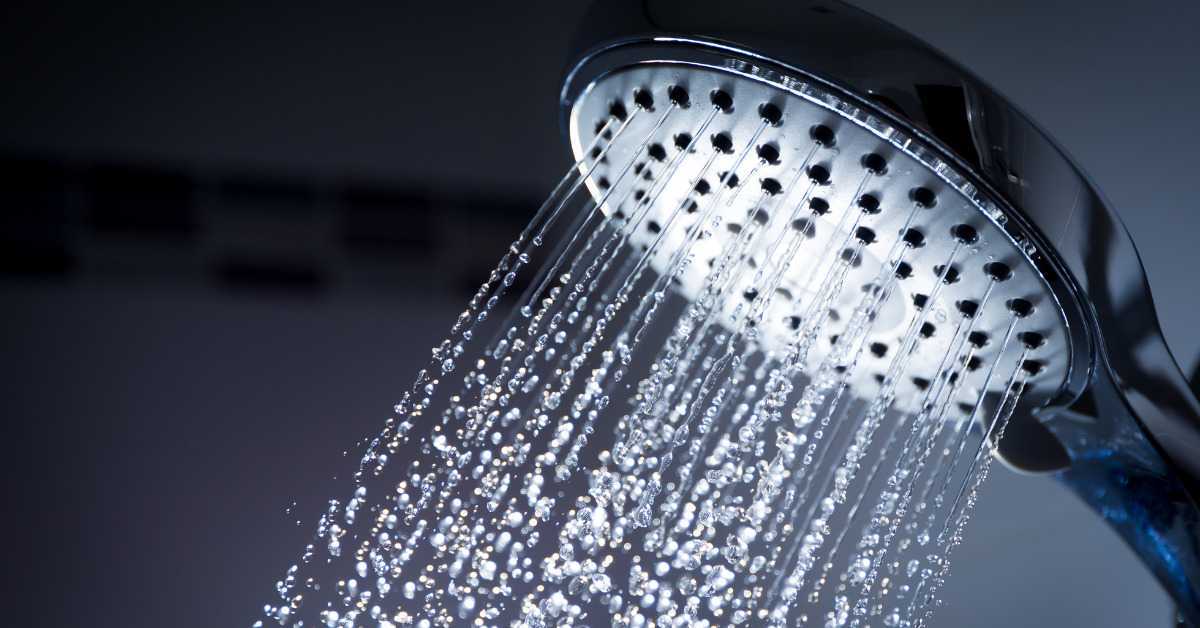Lack of fluids and moisture content in the body is a significant issue in Ramadan. When Ramadan comes with intense hot weather, it becomes difficult to prevent dehydration.
As the holy month of Ramadan proceeds, you lose significant nutrients and minerals, get weak, and are a bit irresponsible with your diet and regular body routine. Then, “How to prevent dehydration in Ramadan. ”
Dehydration may disturb your fasting and lead to constipation, acute headache, acidity, and digestive problems. Therefore, it becomes mandatory to prevent dehydration in Ramadan.
Prevention of Dehydration is not a problem now, and you can follow these health tips and make this month a true blessing for your mind and body. If you are having acute dehydration problems, consult a doctor.
10 Ways on How To Prevent Dehydration in Ramadan
Dehydration is the systematic loss of moisture or fluids through sweating, diarrhea, or vomiting. If your body cannot fulfill the loss of fluids in optimum time, it may lead to severe weakness and unconsciousness sometime.
Following are the ways to manage dehydration:
Maximum Use of Water
The human body consists of 60-70% of water, and the minor daily requirement of your body is 6-8 cups of water. Your body loses 1-2 liters of water on a routine through urination, breathing, and sweating.


Avoid Exposure to Sun
Exposing yourself to extreme sunlight is like suicide in Ramadan. You should avoid outings and visits during Ramadan instead and arrange your work in the early morning or after completing the fast.
Take Cold Showers
Cold showers are the famous homemade remedy against drastic heatstrokes. In combination with Ramadan fasting, summer heat becomes terrible.


Stay in Shady Places
You are a worker or have to cover long distances towards your destination. It can disturb you mentally in Ramadan as you cannot escape both duties.
You can exchange this stress by going through public transport or shady places, and it will decrease water losses in your body to a minimum.
Read more: 10 Secrets Of Staying Hydrated In Ramadan.
Less Use of Caffeine Products
Caffeine is an addictive drug, and it comes up in various forms like cigarettes, tea, and drinks. These products in response to activities to use maximum body nutrients that make you feel more thirst than usual.
You can replace these products with milk, yogurt, and fruit juices otherwise, water is the best product.
Avoid Excess Physical Exercises
Being a sportsman, you need to train your body regularly to achieve your fitness goal. This game changes during Ramadan fasting; excessive exercise may lead to dehydration which may be fatal.
You can tune in to indoor and less physical stress exercises. It will draw less power and moisture from your body, keeping you fit and healthy.
Read More: Benefits Of Brisk Walking In Ramadan
Use of Fruits & Vegetables
Increase the use of fruits and vegetables in your diet during Ramadan fasting. Dates are the best fruits to be used in Ramadan, and they are an enriched source of vital nutrients. Various fruits and vegetables are also antioxidants that serve as anticancerous and make your skin tighten.
Most minor Use of Salts and Spices
During Ramadan fasting, spicy and salty products serve as an appetizer for lots of people. However, the excess use of salty and spicy commodities leads to more water use in the body. Resultantly, it causes dehydration and dryness of the skin.
Liquid Diet to Prevent Dehydration
Enhance the use of liquid diets. You can satisfy the daily needs of water through juices, shakes, and liquid products, including soups and more water in your diet.


Also Read: Effects on health of fluid restriction during fasting in Ramadan
Take a Nap
Take naps in your daily hustle of life during Ramadan. It improves your body’s efficiency and keeps it fresh and ready for work. It gives the body an excellent restorative time to recover sufficient hydration and energy back to the body.
Book an appointment now to answer all your queries. You can book an appointment with the top General Physicians in Lahore through Marham by calling the Marham helpline: 0311-1222398 or by online booking facility through the website or Marham mobile app.
| Android | IOS |
|---|---|
  |
  |
FAQs
How do you overcome dehydration in Ramadan?
You can train your body by drinking more water at night, and you can keep a water bottle with you while offering prayers after the fast. You can also use a liquid diet like soups late in the night, and taking milk with yogurt is also beneficial.
What Suhoor should I eat to stay hydrated?
Excessive sweating leads to dehydration. Use more water after the fast with a balanced diet to prevent this. You need to add these health boosters as vegetables and fruits to your diet as they are an excellent source of water and minerals.
How do you hydrate while fasting?
To recover normal hydration levels of your body, add more resting times to your daily routine. Use diets with fewer salts and caffeine, which less left nutrients for your body to use. You can take cold showers also.

